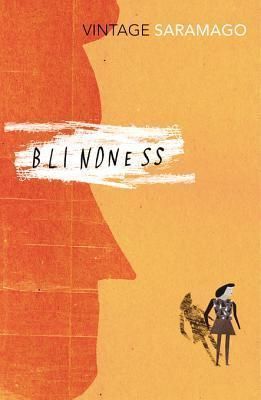
Blindness
Saramago guides readers through an immersive experience of a terrifying predicament. A driver waiting at the traffic lights goes blind. An opthamologist tries to diagnose his distinctive white blindness, but is affected before he can read the textbooks. It becomes a contagion, spreading throughout the city. Trying to stem the epidemic, the authorities herd the afflicted into a mental asylum where the wards are terrorised by blind thugs. And when fire destroys the asylum, the inmates burst forth and the last links with a supposedly civilised society are snapped. No food, no water, no government, no obligation, no order. This is not anarchy, this is blindness.
Reviews
Lorena Andrea Garnica Gómez @loregar
Santiago Alejandro Crime@sacrime
Ghee@clubsoda
Patrick Book@patrickb
Gelaine Trinidad@gelaine
Arihant Verma@arihant
Molly M@molsmcq
Jason Lo@y2bd
Q@qontfnns
Ned Summers @nedsu
Mut@villenouve
Isabella Castañeda R.@isabellacastanedar
SYR@syaarszly
Maurice FitzGerald@soraxtm
Jaden Nelson@unojaden
jess larry@hijess
Traci Wilbanks@traci
cedar winslow@cwinslow
Daniel Carril@daniblues
Beatriz Aguiar@alchemistta
Arturo Hernández@artthh
Cindy Lieberman@chicindy
Danny White@danny
Sanaa Shaltout@sanaashaltout
Highlights
Ghee@clubsoda
Ghee@clubsoda
Ghee@clubsoda
Ghee@clubsoda
Ghee@clubsoda
Ghee@clubsoda
cedar winslow@cwinslow
Page 279
cedar winslow@cwinslow
Page 228